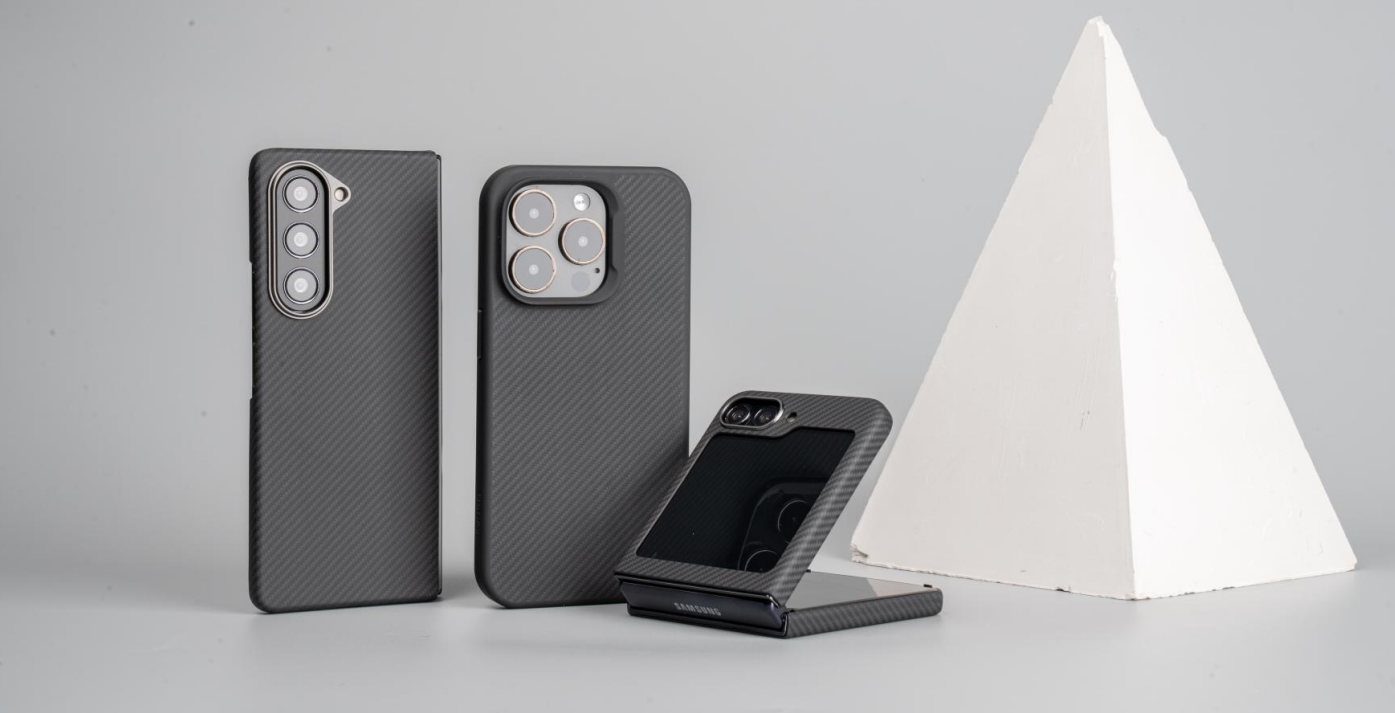
Carbon Fiber Phone Cases Interfere Signal? Why Do People Still Sell?
There are two opposite comments about carbon fiber phone cases debating on the internet: many tech enthusiasts praise it as a super precious iPhone accessory, but on the other side, some people are yelling: Let’s Say No to carbon fiber phone cases! It interferes phone signal!
The debate let consumers confused: Which opinion is right? Should I have a carbon fiber phone case or not? If it interferes phone signal, why do many people still sell it? So in this article, we will delve into the mysteries of carbon fiber and dig out why.
Quick Guide:
What is carbon fiber?
Are carbon fiber phone cases good?
Do carbon fiber phone cases really block the signal?
What’s the solution?
What is Carbon Fiber?
To truly understand the debate surrounding the carbon fiber phone case, one must first delve into the properties of carbon fiber itself. This material, renowned for its linearly bonded carbon atom strands, boasts both strength and lightness. Its applications span various sectors, from high-performance vehicles to cutting-edge sports gear, and of course, phone cases.
Are Carbon Fiber Phone Cases Good?
Theoretically, carbon fiber phone cases are phone cases made with carbon fiber. Many people invest in carbon fiber phone cases as these cases have quite a lot of advantages.
- Sleek Design: Their inherent black hue and woven texture exude sophistication, appealing to those favoring a minimalist style.
- Durability: Their high strength ensures optimal protection against accidental drops and impacts.
- Heat Resilience: They withstand extreme temperatures, safeguarding both the case and the phone from potential heat-induced issues.
Yet, with its myriad advantages, why does the carbon fiber phone case face criticism? Although as a conductive material, carbon fiber phone cases can interfere with electromagnetic signals, including the radio frequency signals used by cell phones. But, here is a question, Does every carbon fiber case block the phone signal?

Do All Carbon Fiber Phone Cases Block the Signal?
Actually, not all carbon fiber cases interfere. Factors such as the design, the thickness of the carbon fiber used, and the quality of the case play a significant role in determining the degree of interference. For instance, a thicker carbon fiber case might provide a more substantial barrier against electromagnetic waves, making it harder for the phone signal to penetrate. Additionally, if other conductive materials, like metals, are incorporated into the case design, the chances of signal interference increase.
However, the carbon fiber phone cases in the market are a motley crew, some cases are high-quality, while others are quite worrisome. If you insist on buying a carbon fiber phone case, please remember to sharpen your eyes. Otherwise, you may end up with a trouble phone case which leads you to the island without internet but only silence and isolation.
So in this case, buying a great replacement for carbon fiber case will be much more safer.

Any Replacement for the Carbon Fiber Phone Case?
Luckily, except carbon fiber, aramid fiber performs more excellently. Unlike carbon fiber, aramid is non-conductive, ensuring optimal phone connectivity. With its durability and sleek design, it offers a superior choice for many seeking both style and function in a phone case.
No matter the great texture, thin and lightweight feel, or impact and heat resistance, aramid fiber has the same features as carbon fiber, or even better than carbon fiber.
While the carbon fiber phone case continues to be a favorite, potential buyer like you should be aware of its pros and cons. For those desiring a blend of aesthetics, protection, and uninterrupted connectivity, the aramid fiber phone case might be the perfect fit.
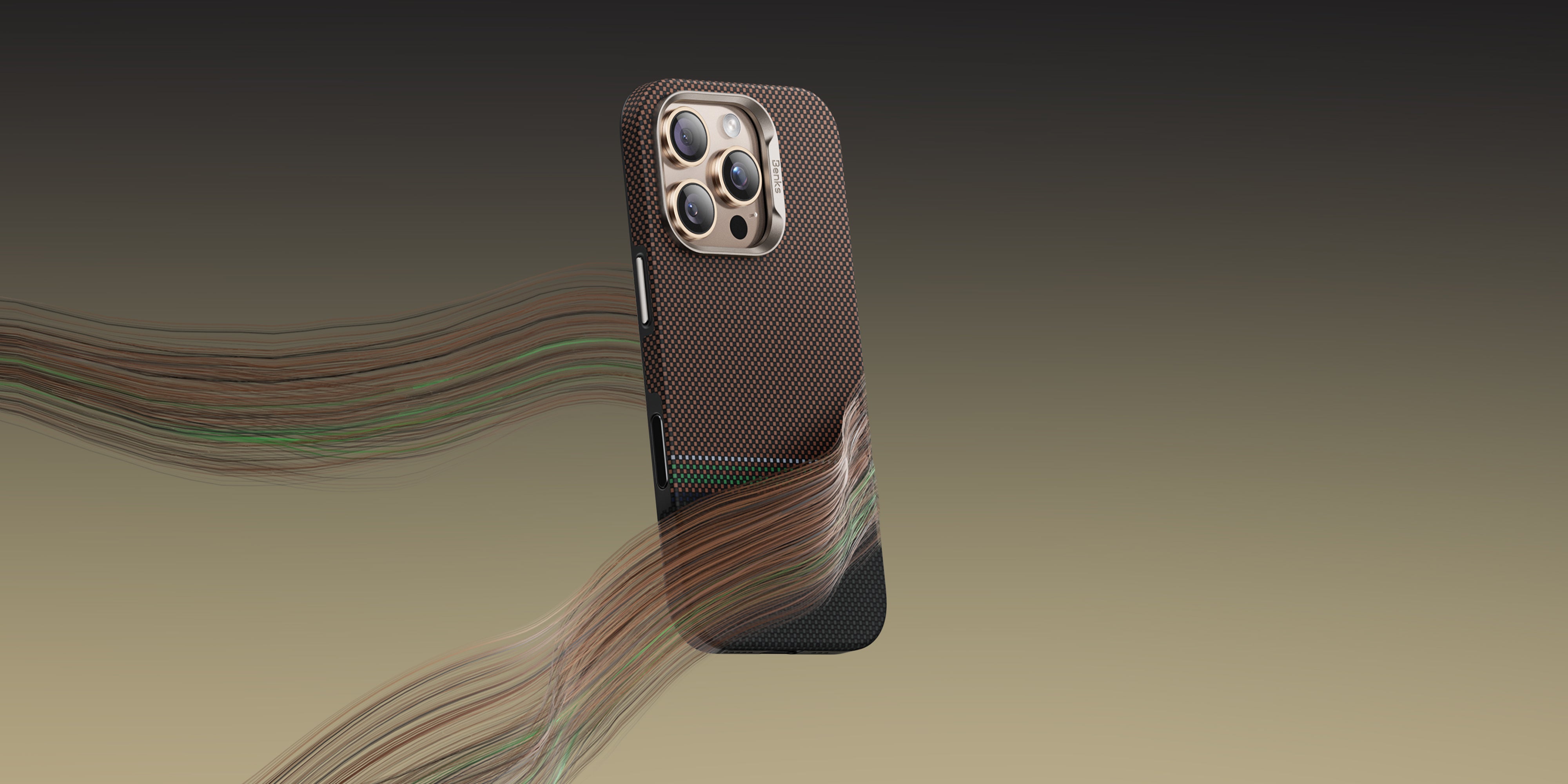

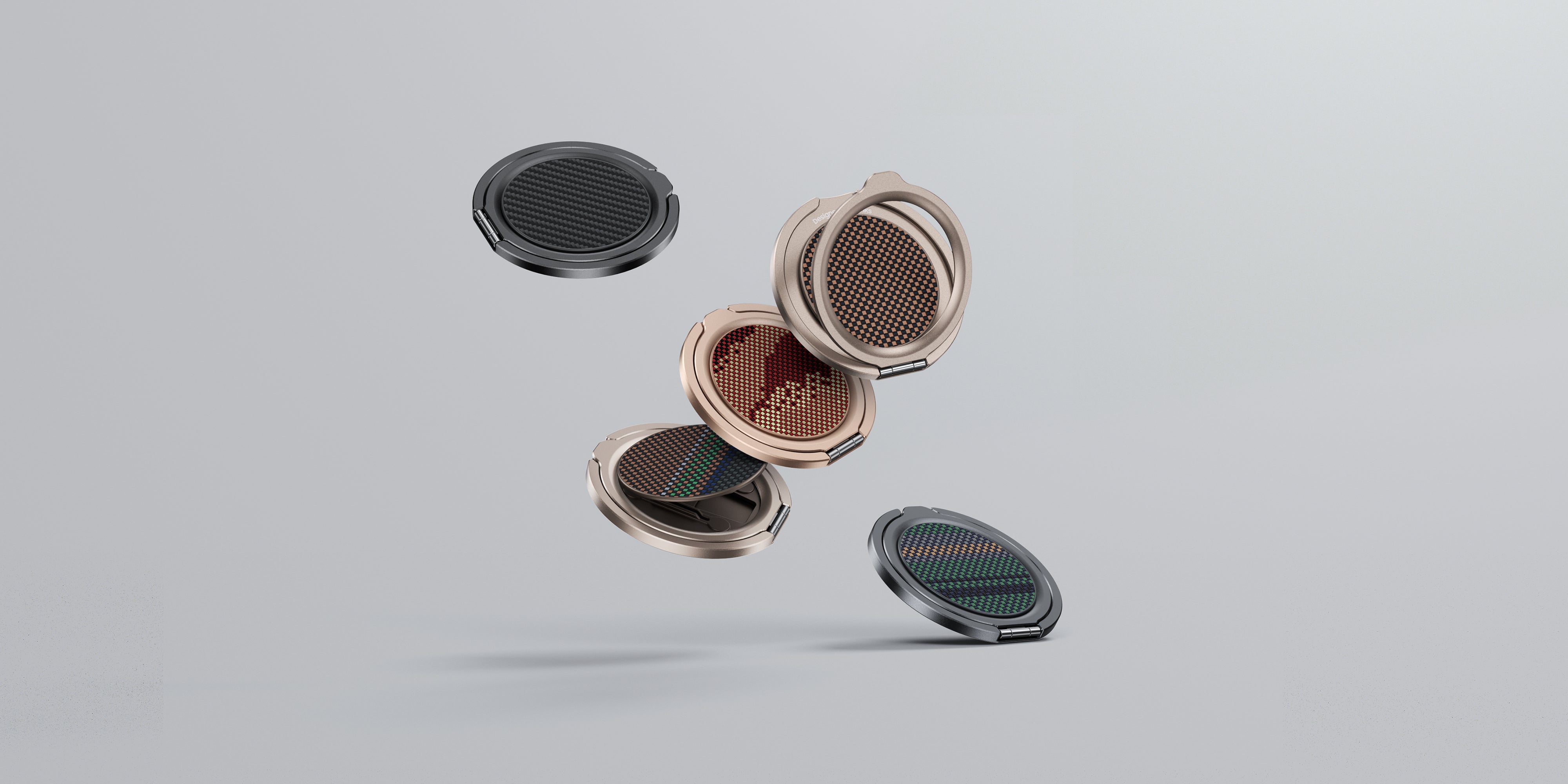
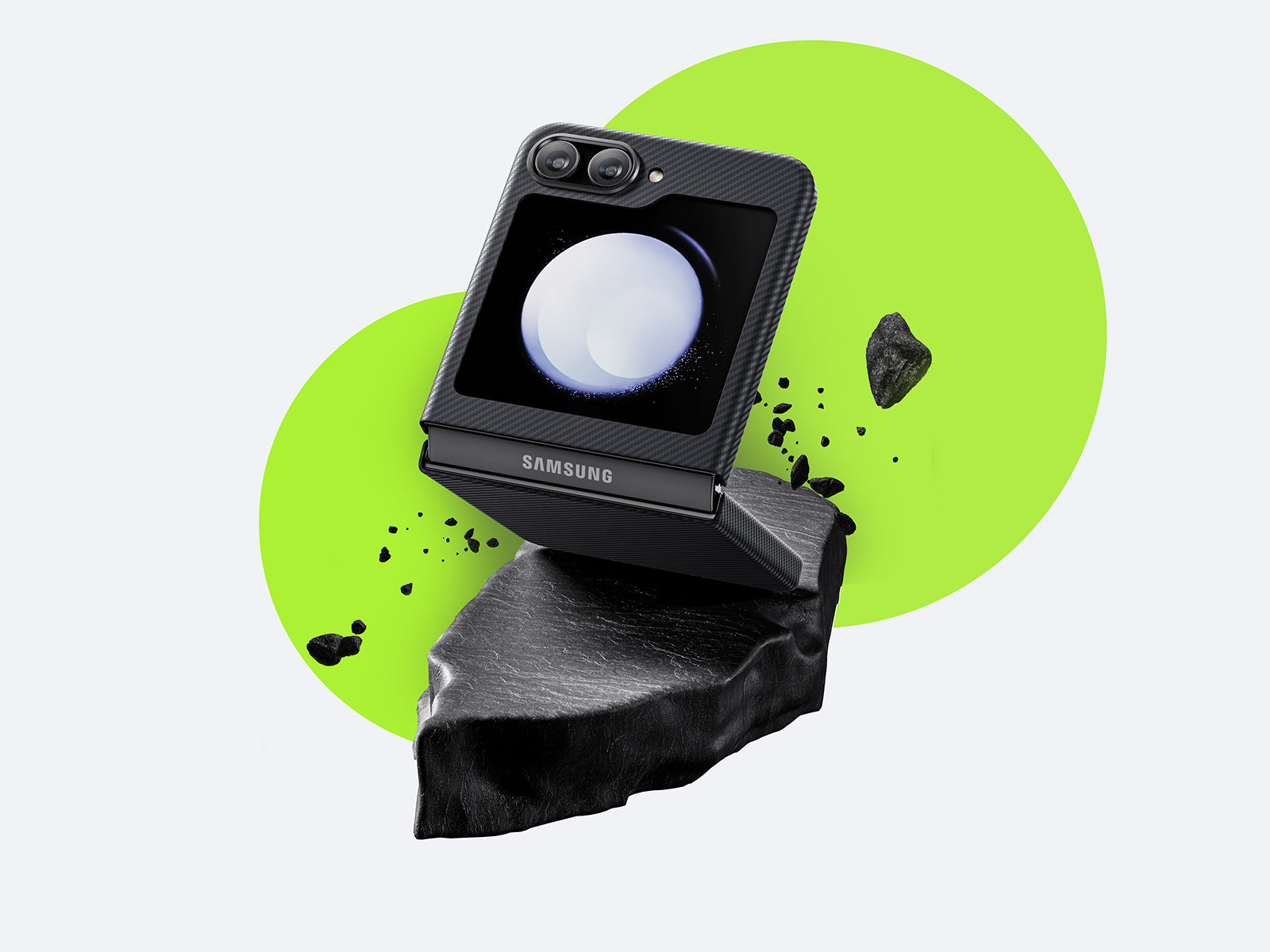
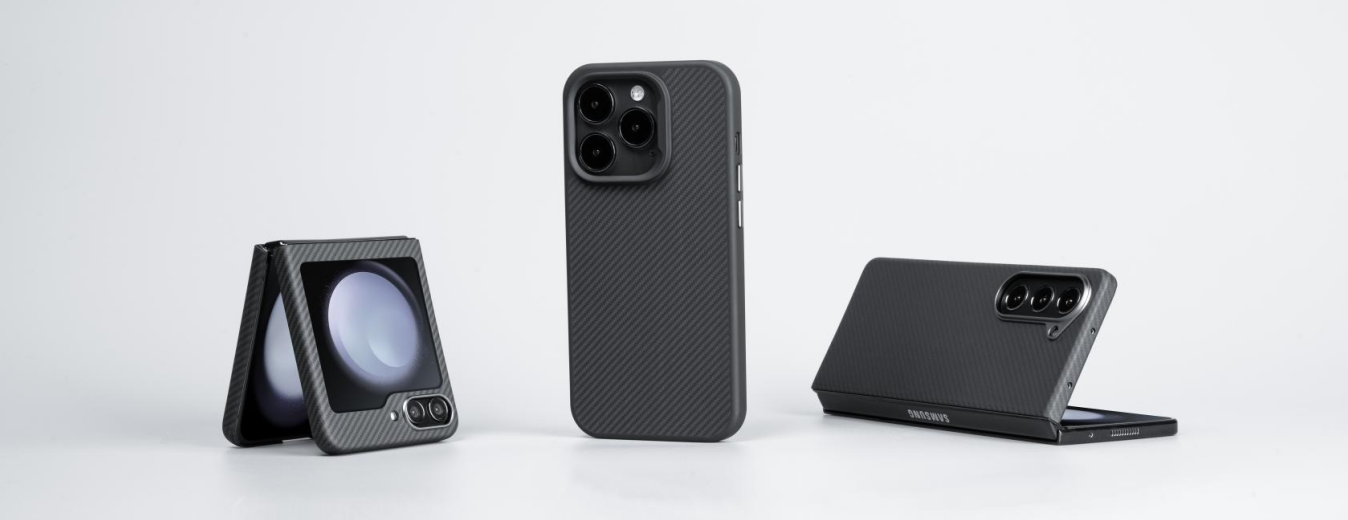





Leave a comment
This site is protected by hCaptcha and the hCaptcha Privacy Policy and Terms of Service apply.